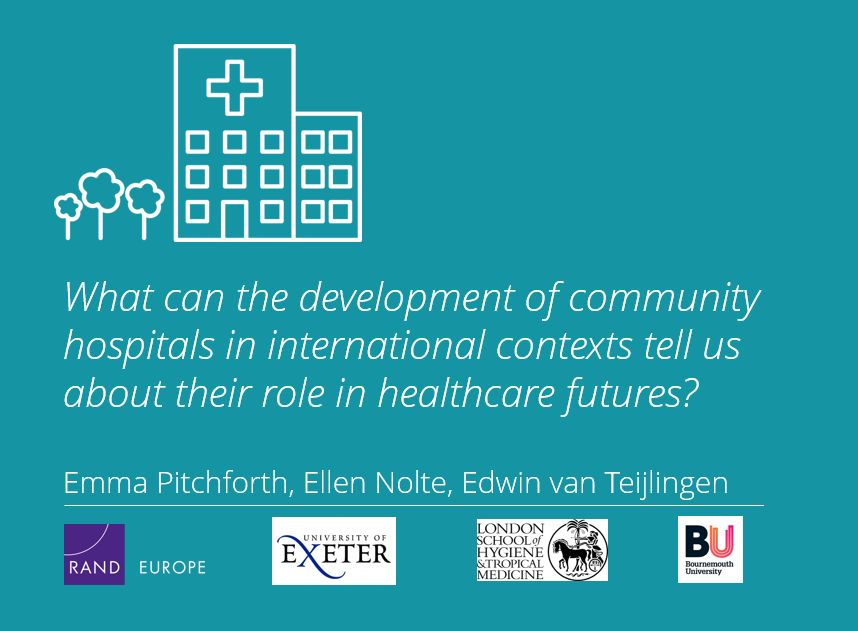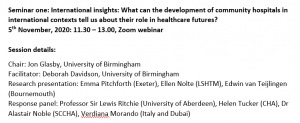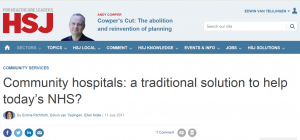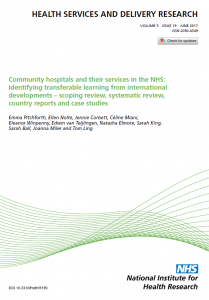Please see below for an update from the National Institute for Health Research.
More than one million participants have now taken part in COVID-19 research across the UK.
NIHR data shows that a total of 1,075,000 participants have taken part in COVID-19 research, across more than 180 studies. Of these, more than 100 studies were funded by the NIHR, amounting to more than £108 million given to dedicated COVID-19 research.
This milestone has been achieved across England, Northern Ireland, Scotland and Wales by members of the public, NHS doctors and nurses, NIHR research staff and researchers, regulators, life science companies, research funders and policy makers.
Their efforts have enabled world-leading research into therapeutics such as dexamethasone and tocilizumab and delivery of the Oxford/AstraZeneca vaccine. Platform studies such as RECOVERY, PRINCIPLE and REMAP-CAP have all made a significant contribution to the global understanding of COVID-19.
These discoveries have significantly improved outcomes for people who get the virus, especially those most at risk of becoming severely unwell and hospitalised.
On Monday 15 March, the NIHR and NHS will be launching the #ResearchVsCovid ‘thank you’ campaign to celebrate the efforts of participants, researchers and healthcare professionals for their involvement in COVID-19 research.
The campaign kicks off with a series of video thank yous to participants, researchers and NHS staff. These celebratory videos will feature England’s Chief Medical Officer Prof. Chris Whitty and NHS England Chief Executive, Sir Simon Stevens.
Professor Chris Whitty, Chief Medical Officer for England and co-lead for the National Institute for Health Research (NIHR), said:
“Reaching one million participants in COVID-19 research shows the impressive selflessness of people across the UK who have volunteered to take part. This research has led to vaccines, better treatments and improved care. A huge thank you to everyone who has taken part in, led or enabled the research.
NHS chief executive Sir Simon Stevens said:
“During the darkness of this pandemic, NHS clinical researchers, UK scientists and one million volunteer patients have together helped illuminate a more hopeful path for humanity.
“Thanks to their remarkable and selfless work, they have made unique and decisive contributions to therapies and vaccines for our shared global fight against Covid-19. It is amazing to consider that more than one million people in this country who have selflessly volunteered to participate in our research will themselves help save over a million lives worldwide.”
Find out more about the COVID-19 research people have helped to make happen.
https://www.nihr.ac.uk/news/uk-covid-19-research-passes-one-million-participants/27215?utm_source=twitter-research&utm_medium=social&utm_campaign=covid&utm_content=1millionnews

















 ESRC Festival of Social Science 2025 – Reflecting back and looking ahead to 2026
ESRC Festival of Social Science 2025 – Reflecting back and looking ahead to 2026 3C Event: Research Culture, Community & Cookies – Tuesday 13 January 10-11am
3C Event: Research Culture, Community & Cookies – Tuesday 13 January 10-11am Dr. Chloe Casey on Sky News
Dr. Chloe Casey on Sky News Final Bournemouth University publication of 2025
Final Bournemouth University publication of 2025 On Christmas Day in the Morning…
On Christmas Day in the Morning… ECR Funding Open Call: Research Culture & Community Grant – Application Deadline Friday 12 December
ECR Funding Open Call: Research Culture & Community Grant – Application Deadline Friday 12 December MSCA Postdoctoral Fellowships 2025 Call
MSCA Postdoctoral Fellowships 2025 Call ERC Advanced Grant 2025 Webinar
ERC Advanced Grant 2025 Webinar Horizon Europe Work Programme 2025 Published
Horizon Europe Work Programme 2025 Published Update on UKRO services
Update on UKRO services European research project exploring use of ‘virtual twins’ to better manage metabolic associated fatty liver disease
European research project exploring use of ‘virtual twins’ to better manage metabolic associated fatty liver disease